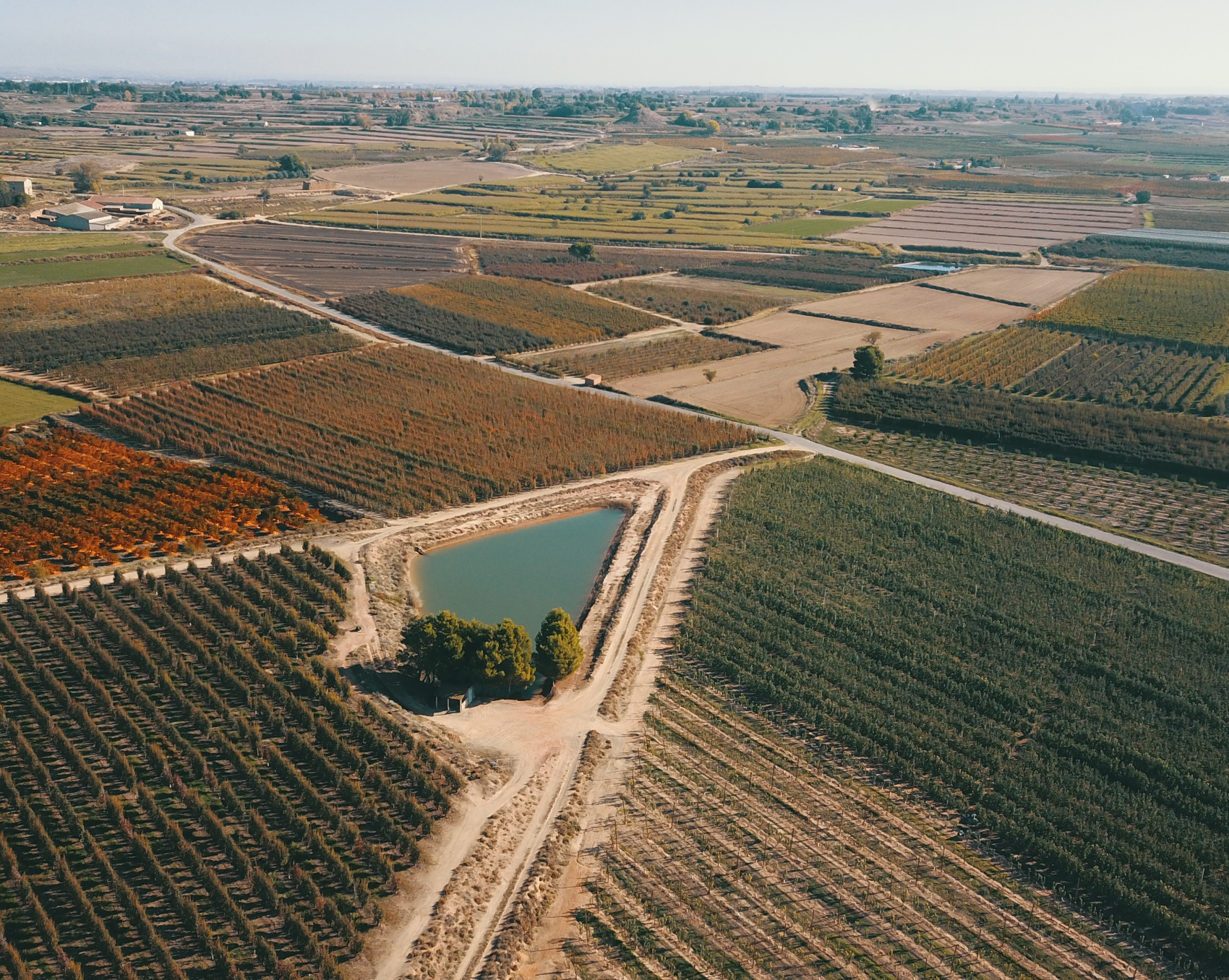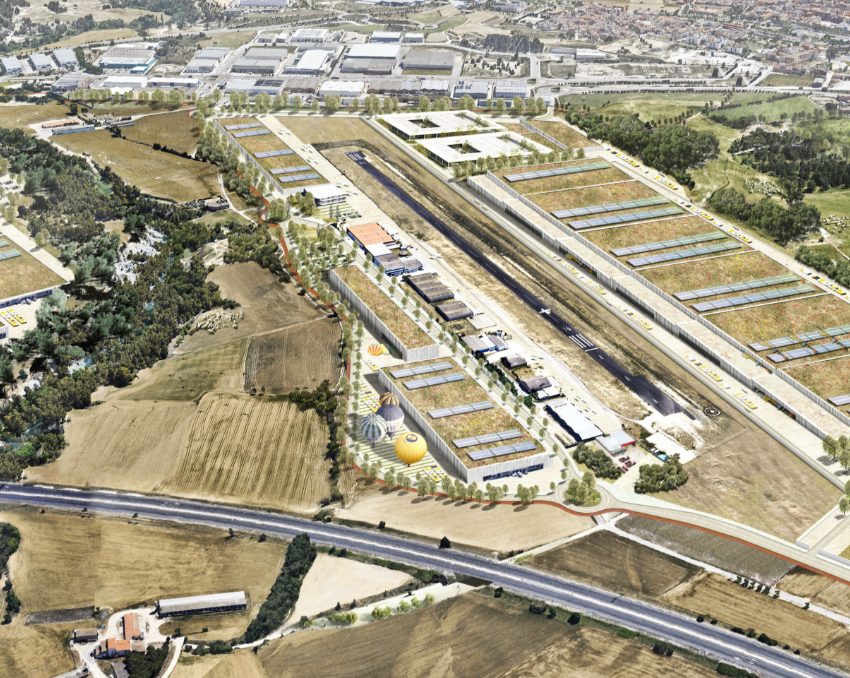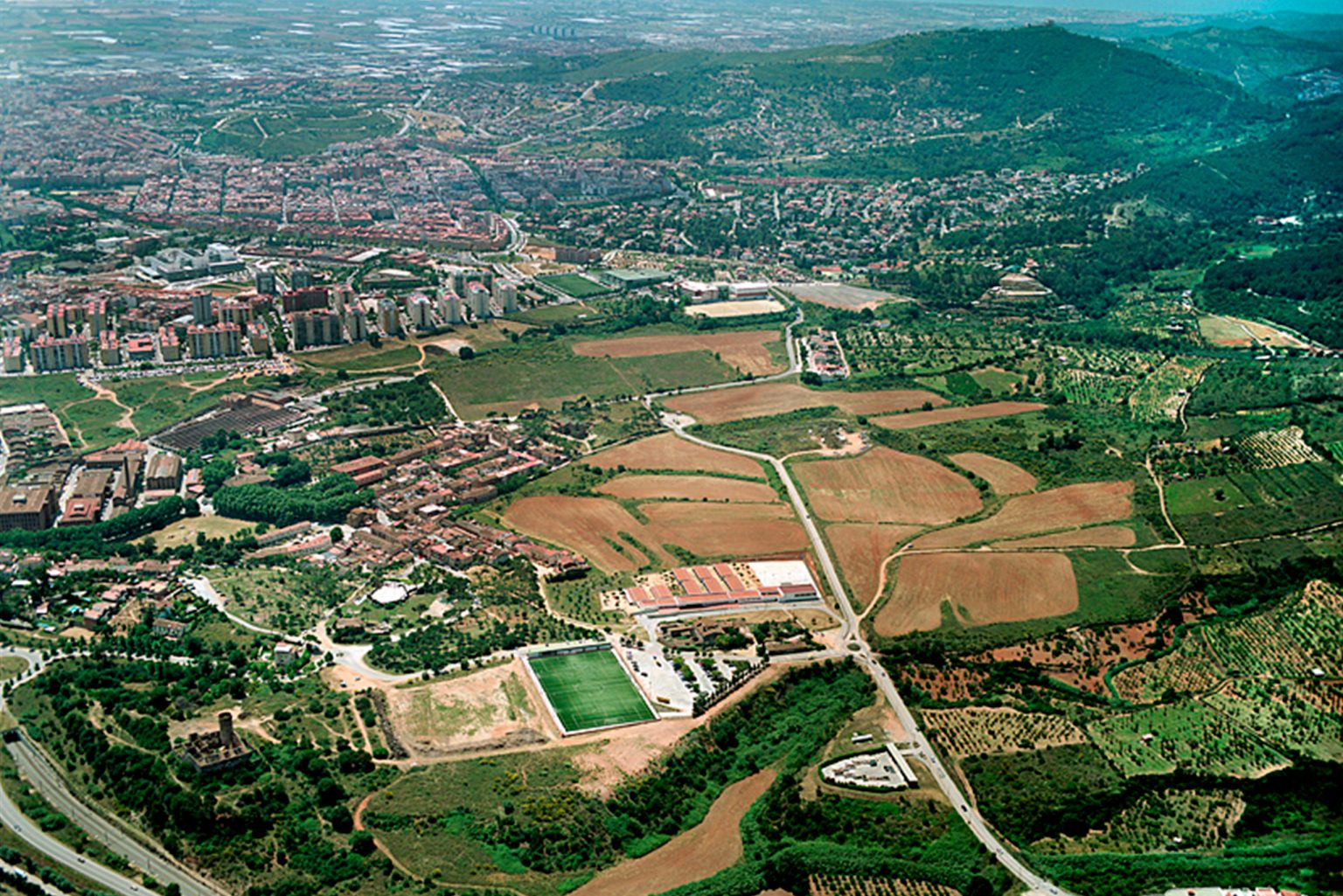12
August
2020
Share on networks
Catalonia is the fifth most digitized territory in Europe, only behind the Nordic countries

● This is reflected in the indicators of the ‘Digital Economy and Society Index’ (DESI)
● The European Commission report analyzes 44 indicators grouped into five dimensions
Catalonia is the fifth most digitized territory in Europe, only behind the Nordic countries, and is consolidating itself as a digitally advanced country and leader within the European Union.This is reflected in the indicators of the ‘Digital Economy and Society Index’(DESI),which is produced annually by the European Commission, and which gives Catalonia a degree of digitization of 62.47%, 10 points above the European average.
This figure of 62.47% of Catalonia’s digitization degree with the DESI 2019 indicators positions it only behind the Nordic countries (Finland, Sweden, Denmark) and the Netherlands, territories that, historically, have led the development of digitization in Europe. Catalonia is, therefore, ahead of countries such as the United Kingdom, Ireland, Luxembourg or Estonia itself, considered an e-State.
The European Commission report analyzes a total of 44 indicators grouped into five dimensions: connectivity, human capital, use of Internet services, integration of technology and digital public services and, in this sense, it should be noted that Catalonia obtains results superior to the European average in the five dimensions. In relation to connectivity, Catalonia is the leader in mobile broadband coverage and is the second in the implementation of fast broadband. Currently, the Catalan Government is deploying the public fiber optic network to guarantee fiber optic access throughout the country.
In relation to digital public services, Catalonia achieves the fifth position and is a leader in e-health thanks to the total extension of the exchange of medical data and electronic prescriptions, and is in the best position in digital public services for companies. On the other hand, in Internet use it is the leader in regular users (97.2%) and in online purchases (91.5%), and it is tenth in technology integration in companies.
For the first time, this year the results of the DESI calculated for Catalonia are presented according to the methodology used by the European Commission. This has been possible thanks to the collaboration between the Departamento de Políticas Digitales de la Generalitat de Cataluña, Orkestra-Instituto Vasco de Competitividad de la Universidad de Deusto y el Círculo Tecnológico de Cataluña (CTecno), with the collaboration of the Fundación i2CAT and the Idescat.









Subscribe our Newsletter
Subscribe
Follow us on social